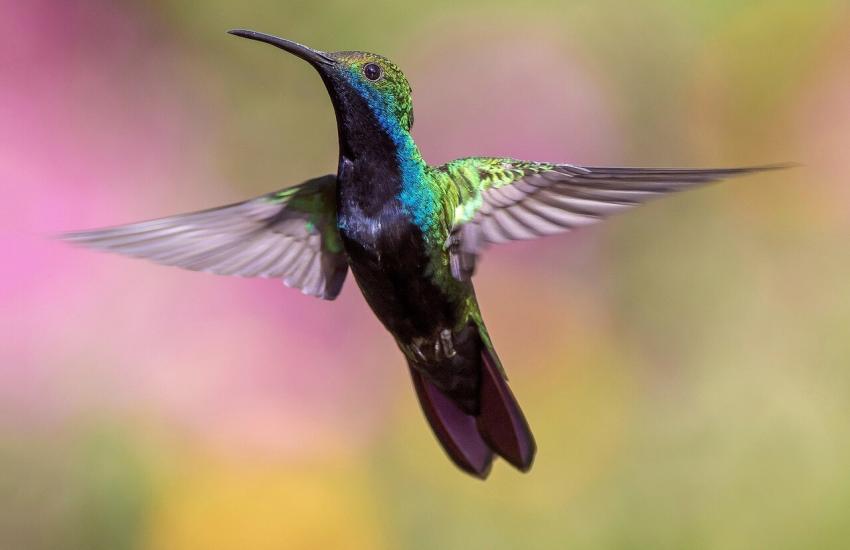Breadcrumb
-
Guidebook
-
Animals & wildlife
-
Becoming Wildlife Guardians: Empowering Yourself in Conservation Efforts
Becoming Wildlife Guardians: Empowering Yourself in Conservation Efforts

We can now explore the solutions that we can contribute to wildlife conservation after discussing the numerous components (meaning, significance, effects, and threats) of wildlife conservation. We can still play a critical role in restoring biodiversity since many ecosystems have not already suffered irreparable harm. We can all work together to change things by being aware of the impact of our decisions and actions.
1. Support Conservation Organizations
Supporting reputable conservation organizations is an impactful way to contribute. These organizations work tirelessly to protect wildlife habitats, conduct research, and implement conservation initiatives. By donating funds, volunteering time, or becoming a member, individuals can directly contribute to their conservation efforts and amplify their impact.
2. Promote Sustainable Practices
Adopt sustainable practices in our daily lives and they can have a profound impact on wildlife conservation. Simple actions such as reducing single-use plastic, conserving water, and using environmentally friendly products help reduce pollution and habitat degradation. Supporting sustainable agriculture, responsible fishing practices, and ethical tourism also contribute to preserving wildlife and their habitats.
3. Engage in Citizen Science
Contribute to scientific research and conservation efforts. Through these programs, people of all backgrounds can collect data, monitor wildlife populations, and contribute valuable insights to ongoing conservation projects. By participating in citizen science, individuals become active participants in understanding and conserving the natural world.
4. Advocate for Policy Change
Significant impact can be made by advocating for policy changes that prioritize wildlife conservation. This can involve writing letters to elected officials, supporting conservation campaigns, and joining environmental organizations that work toward policy reform. By raising awareness and voicing concerns, individuals can help shape legislation and ensure that wildlife conservation is a priority on governmental agendas.
5. Educate and Raise Awareness
Raising awareness and knowledge about animal conservation has enormous potential to effect change. People can learn about biodiversity's importance, endangered species, and conservation concerns. People can utilize social media, blogs, or community events to enhance awareness and motivate others to adopt positive changes in their lives.
Wildlife conservation is a collaborative endeavor that necessitates active engagement from all individuals, not solely relying on governments and organizations. We can build a future where wildlife flourishes, ecosystems thrive, and natural wonders remain for generations by supporting conservation organizations, adopting sustainable practices, participating in citizen research, pushing for policy reforms, and educating others.

